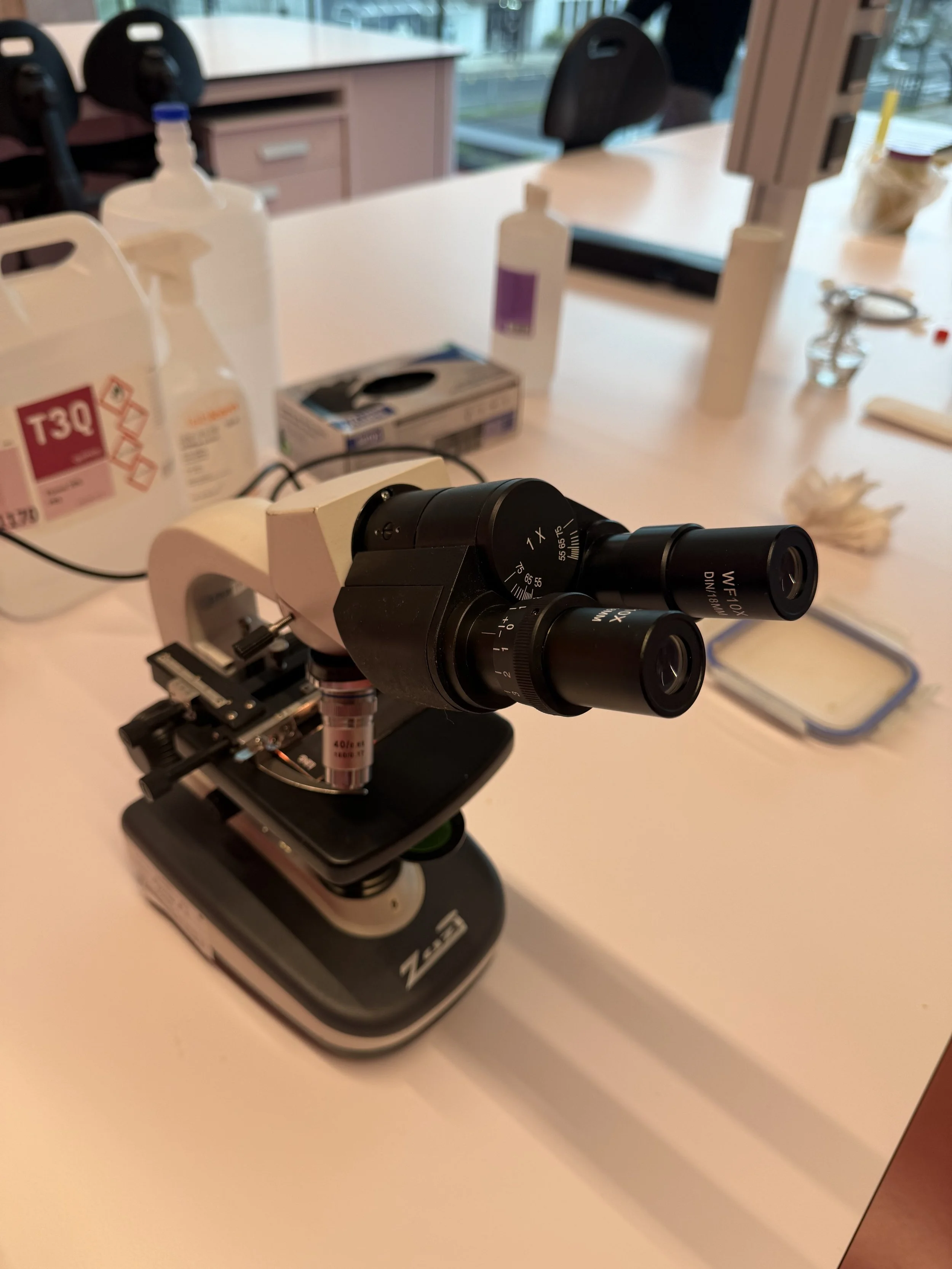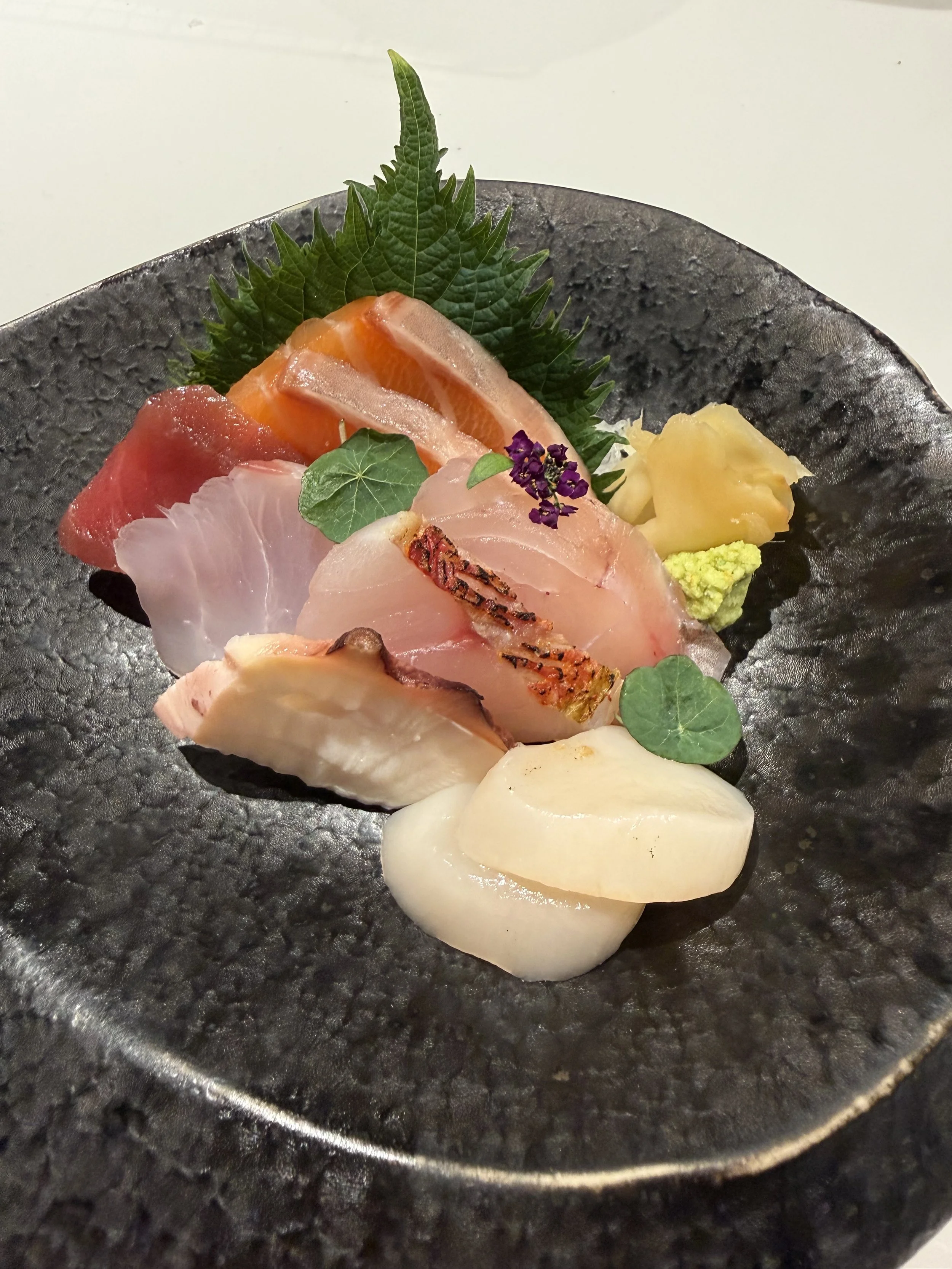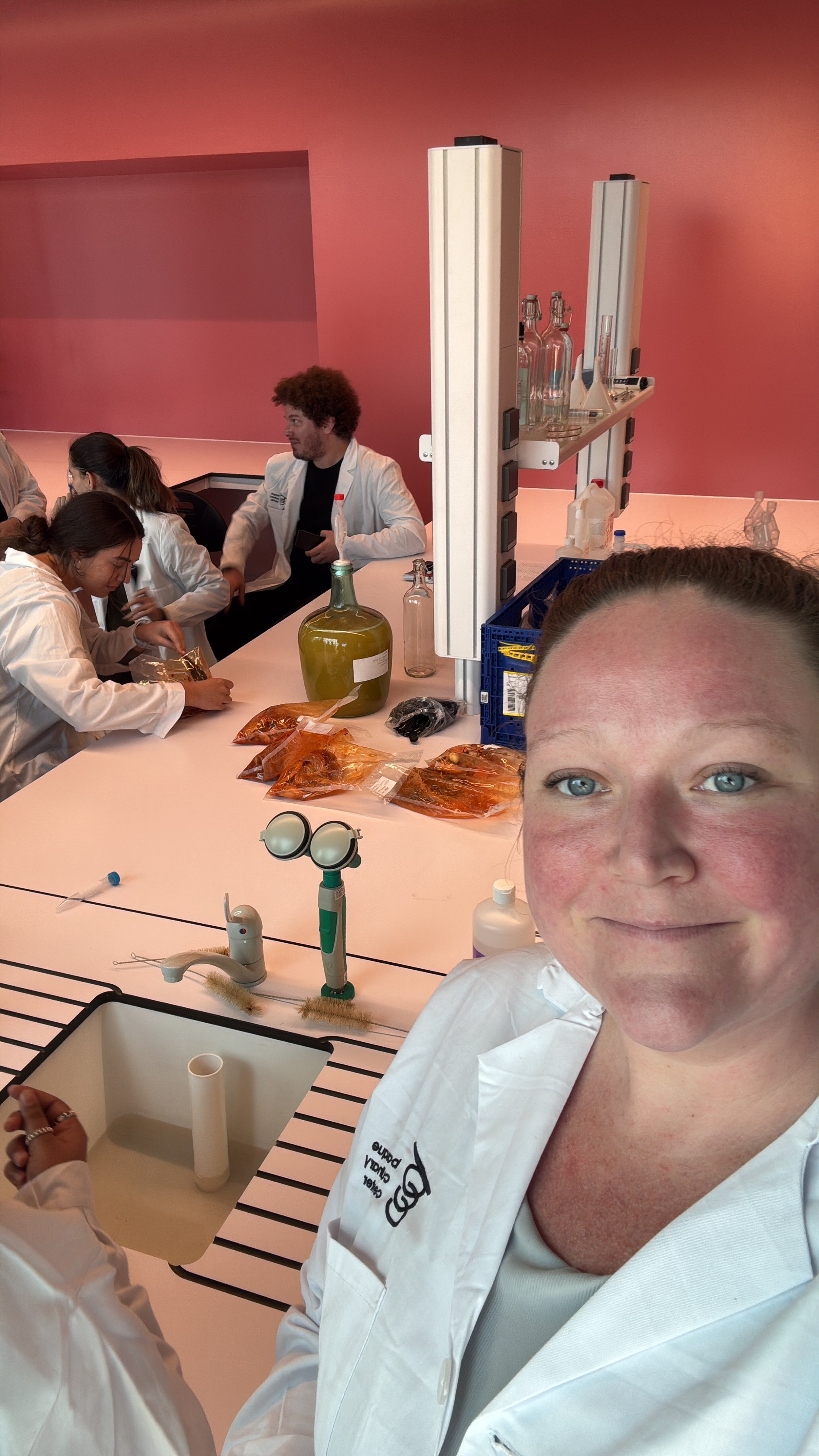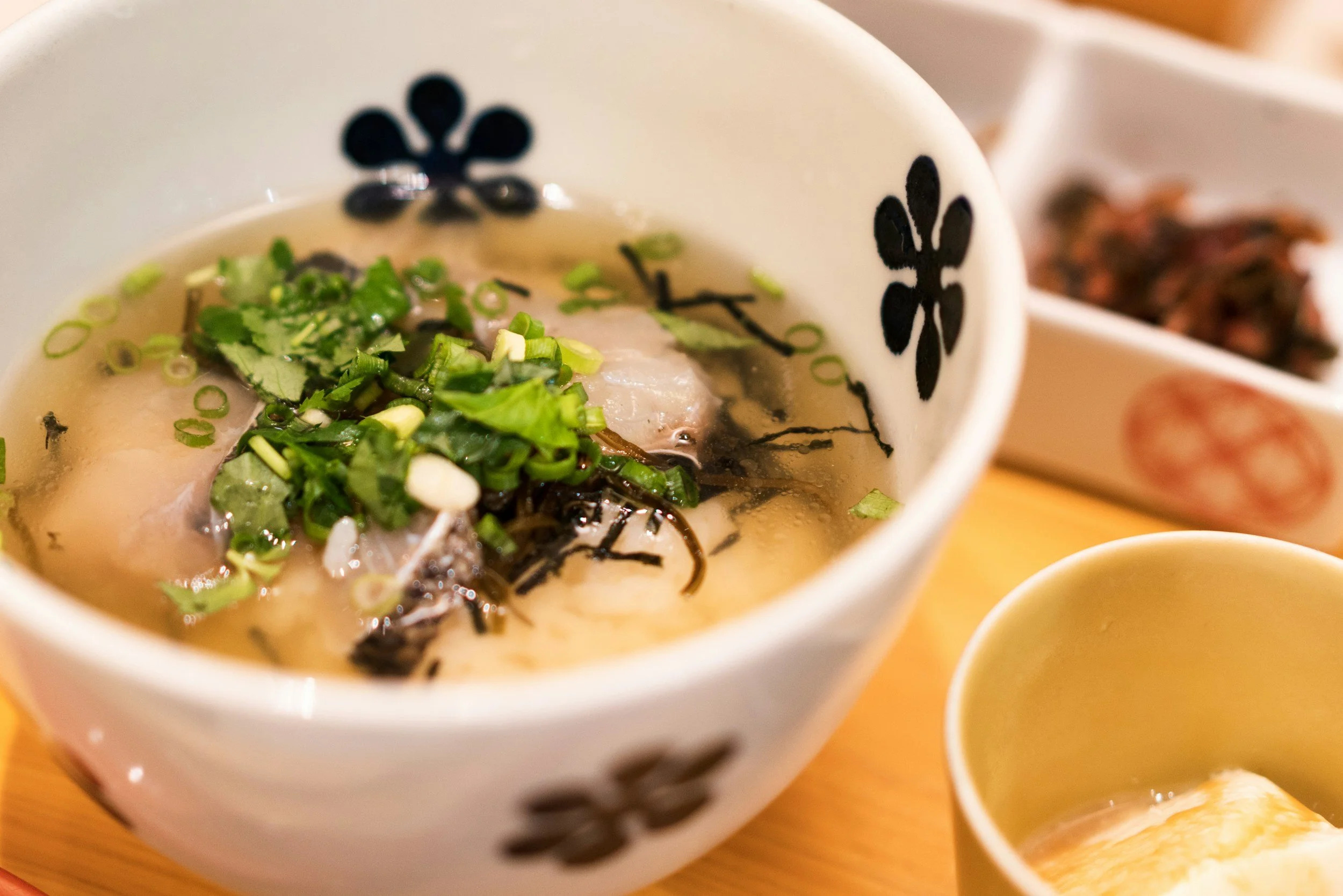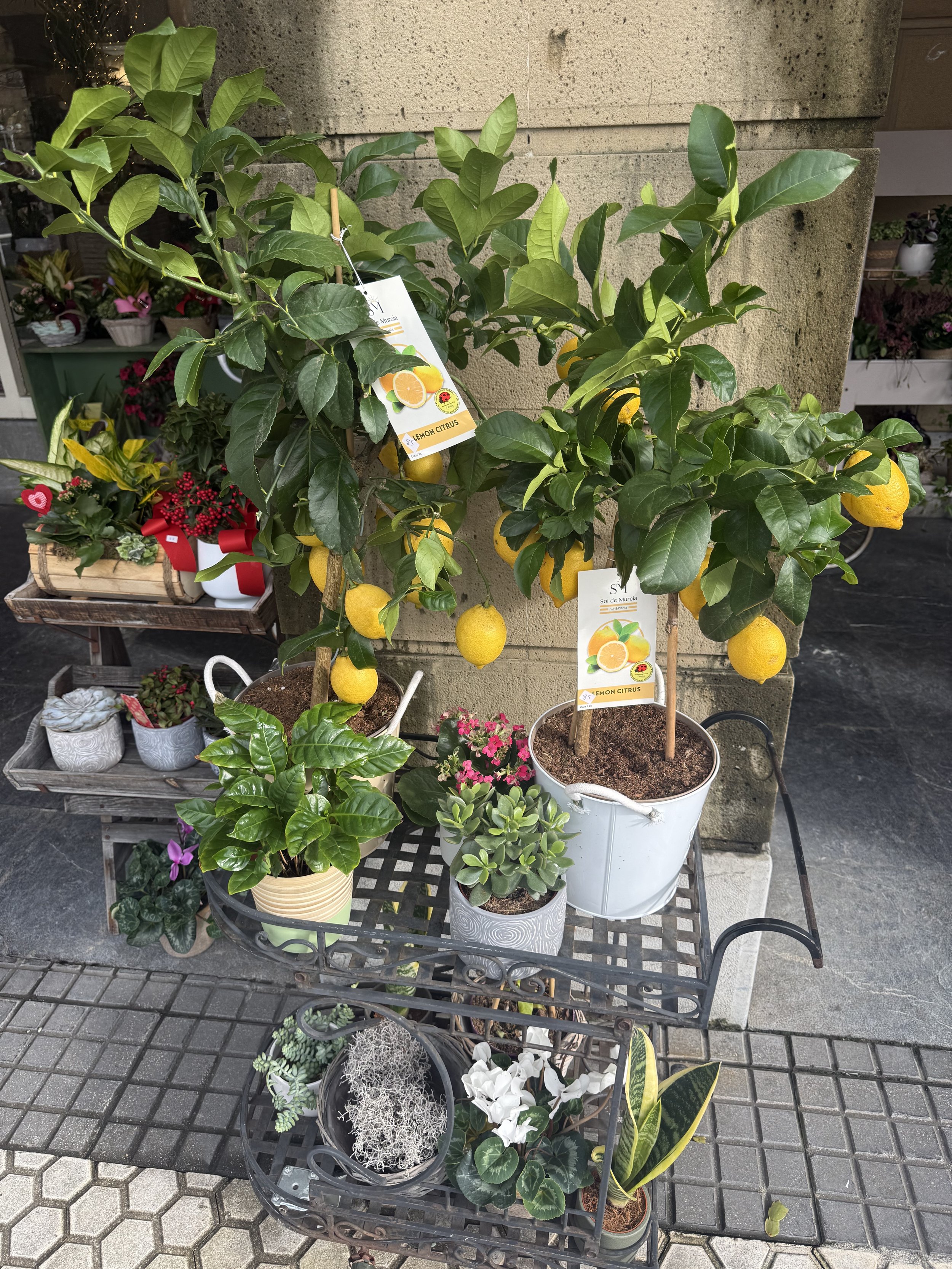What Is Gastronomic Science?
A lens on Food, Culture, and Innovation
From food justice to Basque pintxos, from sustainability to culture, Gastronomic Sciences explores how what we eat shapes who we are. I’m studying this field at the Basque Culinary Center, and I’ve created a dedicated Gastronomy hub on my site where you can explore pillar articles, academic notes, and reflections.
What Is Gastronomy?
And Why Gastronomy Matters
Food is story. It’s memory, identity, and community — and it’s also climate, justice, and science. My Master’s program in Gastronomic Sciences is helping me explore food from every angle, and I’m documenting the journey. Visit my What Is Gastronomy page for a deep dive into articles, guides, and reflections from the field.
What I’m Learning
GOe — Gastronomy Open Ecosystem
GOe — the Gastronomy Open Ecosystem — is San Sebastián’s new 9,000 m² hub for food research, innovation, and entrepreneurship.
Designed by Bjarke Ingels Group (BIG) and led by the Basque Culinary Center, GOe combines state-of-the-art laboratories, research kitchens, and public spaces to explore the future of gastronomy. With a mission to create a tasty, healthy, and sustainable food system, GOe opens in October 2025 and will serve as a global meeting point for chefs, scientists, entrepreneurs, and citizens alike.
Microbiology and Food Science
Master’s in Gastronomic Sciences at Basque Culinary Center | Curriculum, Admissions & Careers
The Master’s in Gastronomic Sciences at the Basque Culinary Center (San Sebastián, Spain) is a pioneering 18-month, 90-ECTS program taught in English that blends research, innovation, and food culture.
With small cohorts (≈20 students), project-based learning, and a five-month final project placement, it prepares graduates for careers in R&D, sustainability, policy, hospitality, and entrepreneurship. Students learn in state-of-the-art labs, kitchens, and sensory spaces, and from 2025 will also benefit from GOe: The Gastronomy Open Ecosystem. This article offers the most comprehensive English overview of the program: curriculum, admissions, tuition, career outcomes, and how to apply.
So, What Does It All Mean?
Is gastronomy the same as culinary arts?
No. Culinary arts focus on how to cook: techniques, recipes, presentation.
Gastronomy looks at why food matters: culture, history, science, sustainability, and justice.
What jobs exist in gastronomy?
Gastronomy graduates work in food research, food policy, sustainability, education, hospitality, publishing, tourism, and cultural projects. Some become chefs, but many work in fields where food intersects with society.
How does gastronomy relate to sustainability?
Sustainability is at the core of gastronomy. It studies how farming, fishing, distribution, and waste impact the environment, and how we can create food systems that nourish both people and the planet.
Why is gastronomy important today?
Because food connects everything: health, environment, economy, identity. Studying gastronomy helps us understand how to feed people fairly, sustainably, and meaningfully in a changing world.
Is gastronomy just about fine dining?
Not at all. While gastronomy includes the study of haute cuisine, it also looks at everyday meals, street food, agriculture, traditions, and food justice. It’s as much about a family recipe as it is about a Michelin-starred dish.
Is gastronomy a new field?
Not entirely. People have been studying food for centuries, but “gastronomy” as a modern, interdisciplinary field has grown in the last few decades; blending science, culture, and activism into a formal area of study.
Do I need to be a chef to study gastronomy?
No. Gastronomy welcomes people from many backgrounds: history, science, agriculture, activism, communications. Cooking skills help, but curiosity about food and culture matters more.
Where can I study gastronomy?
There are programs worldwide, but one of the most recognized is the Basque Culinary Center in San Sebastián, Spain, where I’m studying.
What’s the difference between gastronomy and nutrition?
Nutrition focuses on how food affects health, calories, and nutrients. Gastronomy zooms out to look at the bigger picture (culture, environment, justice, and meaning) while still acknowledging nutrition as one piece of the puzzle.


